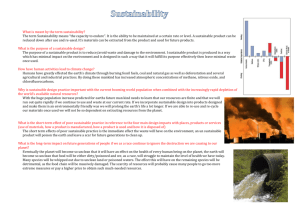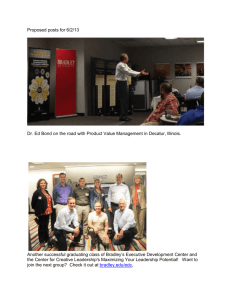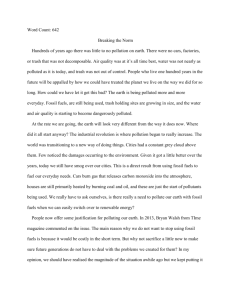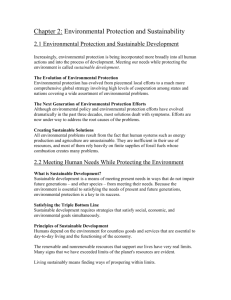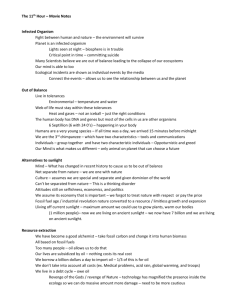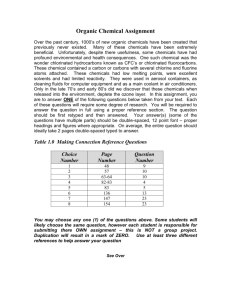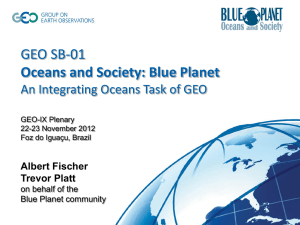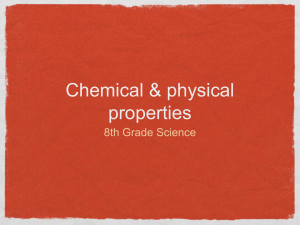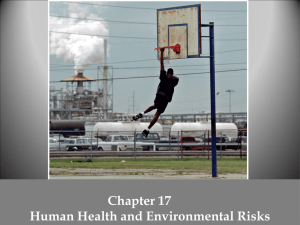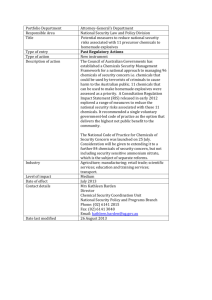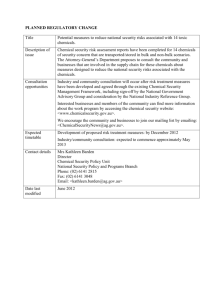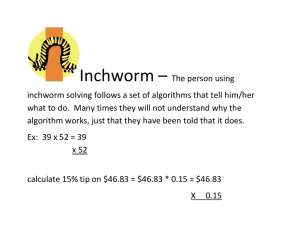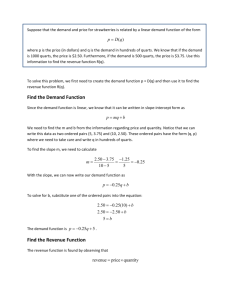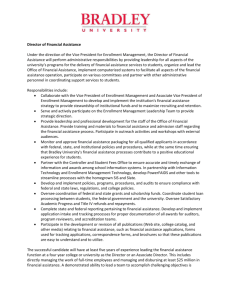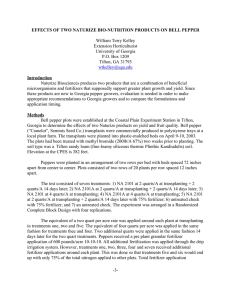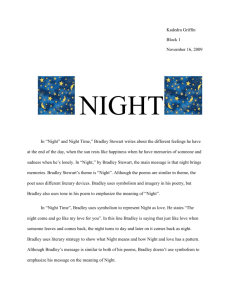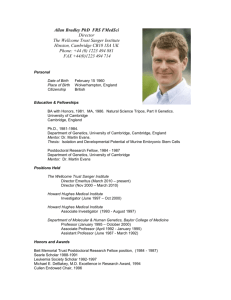01-112354-2714
advertisement
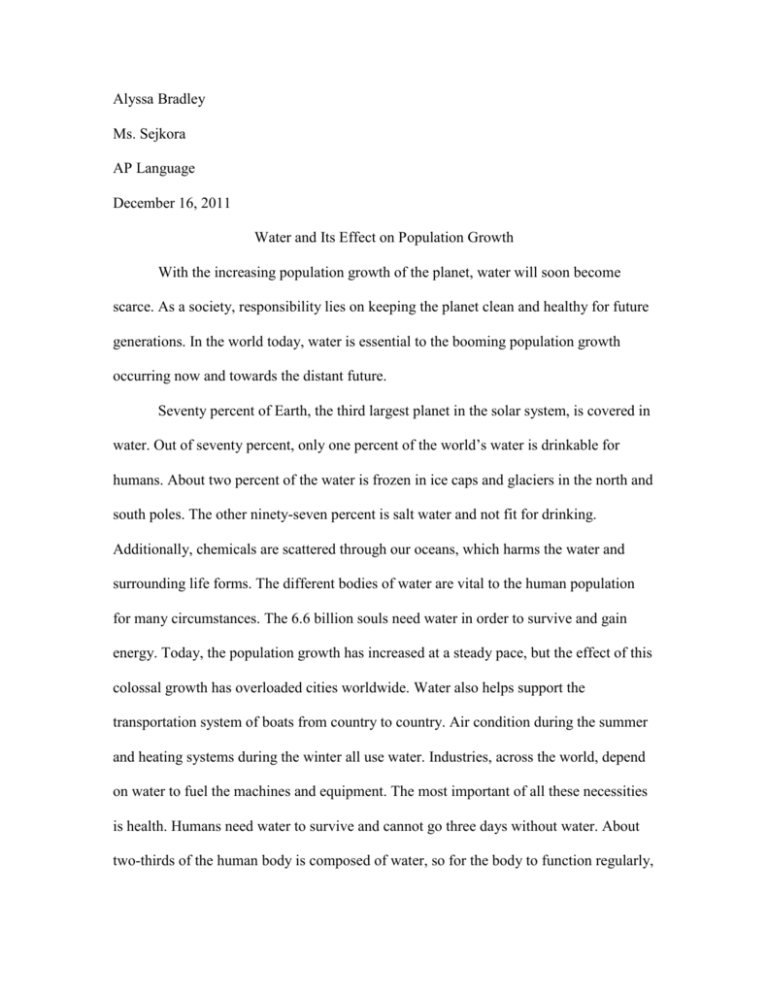
Alyssa Bradley Ms. Sejkora AP Language December 16, 2011 Water and Its Effect on Population Growth With the increasing population growth of the planet, water will soon become scarce. As a society, responsibility lies on keeping the planet clean and healthy for future generations. In the world today, water is essential to the booming population growth occurring now and towards the distant future. Seventy percent of Earth, the third largest planet in the solar system, is covered in water. Out of seventy percent, only one percent of the world’s water is drinkable for humans. About two percent of the water is frozen in ice caps and glaciers in the north and south poles. The other ninety-seven percent is salt water and not fit for drinking. Additionally, chemicals are scattered through our oceans, which harms the water and surrounding life forms. The different bodies of water are vital to the human population for many circumstances. The 6.6 billion souls need water in order to survive and gain energy. Today, the population growth has increased at a steady pace, but the effect of this colossal growth has overloaded cities worldwide. Water also helps support the transportation system of boats from country to country. Air condition during the summer and heating systems during the winter all use water. Industries, across the world, depend on water to fuel the machines and equipment. The most important of all these necessities is health. Humans need water to survive and cannot go three days without water. About two-thirds of the human body is composed of water, so for the body to function regularly, Bradley 2 water is crucial. Water develops and sustains the human population, but in effect, humans will destroy the forests, the air, and finally, the ocean with population increase. Resources, especially water, will become scarce in the future for the planet. An average person drinks two quarts of water per day. Athletes drink about a gallon a day to stay hydrated and fill of energy for competition. Some people drink more water when they go hiking in the mountains and on local trails, but two quarts a day for every 6.6 billion people is a huge amount of water. With the increase in the population, more and more quarts will be needed to sustain the population. With only one percent of the total water on earth that is drinkable for humans, the water will soon run out. Lakes and river will become dry. The ocean, full of water, will be insignificant to the population due to the salt in the water. Future generations will need to brainstorm ideas to generate clean, purified water from the little resources they will have left. Population growth and water go are key components for future generations. The population feeds off the supply of water. Once the water supply runs out, the population will slowly begin to decrease. Water is a key resource in sustaining the human population and its health. For the population growth to increase, or become constant, water is a valuable necessity. The responsibility of the public is to maintain and purify the water for further uses, and to protect the waters from harmful chemicals. How the water is treated now will deeply affect the future of the population growth. For future generations to have a better resource of water, new changes need to be made by the population. Companies that transport chemicals and other harmful object need to take great care when loading, unloading, and transporting these items from Bradley 3 different locations. Carelessness results in oil spills that not only affect the water, but damage surrounding bodies of life. Additionally, researchers need to find ways to purify water from sewage and possibly ocean water. This may be expensive, but the benefits outweigh the consequences. Positive impacts that I can make are to not waste water while brushing my teeth, taking a shower, and washing my hands. Also, carefully disposing of chemicals around my house is a key point. When drinking from water bottles, finishing all the water in the bottle is a change I will make so I don’t waste water. These are the changes I’m willing to make for my future children. Hopefully, others will do the same.

